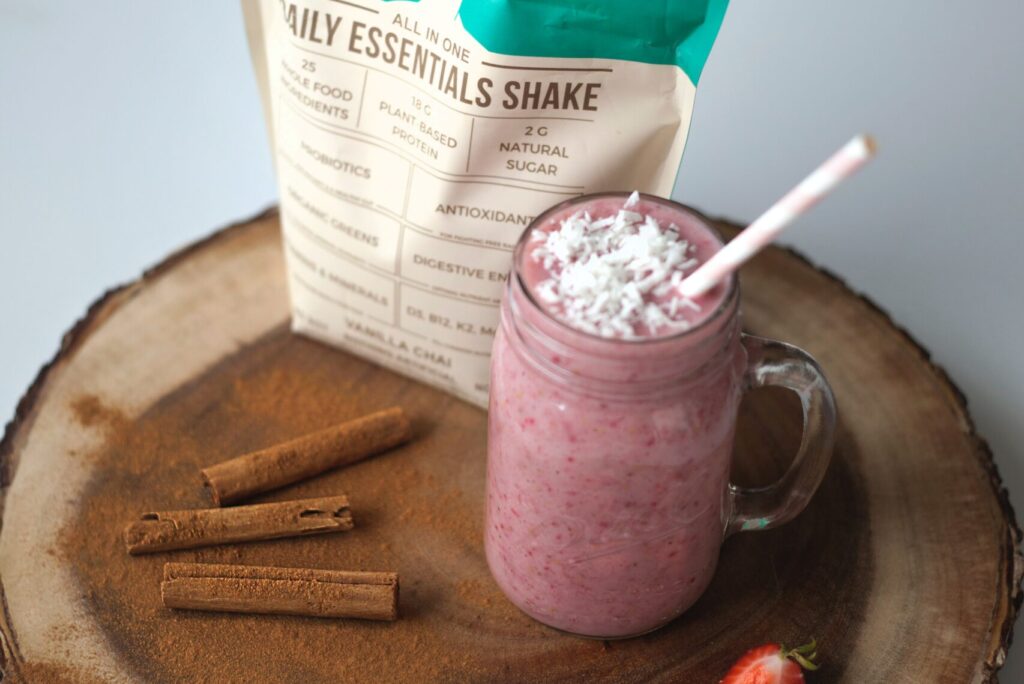Heart disease remains a leading cause of death globally, but incorporating heart-healthy foods into your diet can significantly reduce your risk. A balanced diet rich in certain nutrients can improve cardiovascular health by lowering blood pressure, reducing cholesterol levels, and preventing plaque buildup in the arteries. This article outlines essential heart-healthy foods that support cardiovascular wellness, ensuring your heart remains strong and resilient.
1. Leafy Green Vegetables: Leafy greens like spinach, kale, and collard greens are packed with vitamins, minerals, and antioxidants. High in vitamin K, these vegetables help protect your arteries and promote proper blood clotting. They’re also rich sources of dietary nitrates, known to reduce blood pressure, enhance arterial function, and improve overall heart health.
2. Whole Grains: Whole grains, such as oats, barley, quinoa, and whole wheat, are beneficial for heart health due to their high fiber content. Fiber helps lower “bad” LDL cholesterol and is associated with a reduced risk of heart disease. Incorporating whole grains into your diet can also improve blood pressure and overall heart health.
3. Berries: Strawberries, blueberries, blackberries, and raspberries are small but mighty sources of antioxidants, including anthocyanins, which protect against oxidative stress and inflammation that contribute to heart disease. Regular consumption of berries has been linked to reductions in “bad” LDL cholesterol, blood pressure, and inflammation.
4. Avocados: Rich in monounsaturated fats, avocados can reduce “bad” LDL cholesterol levels while raising “good” HDL cholesterol. They’re also a great source of potassium, which is crucial in controlling blood pressure.
5. Fatty Fish and Omega-3 Fatty Acids: Fatty fish like salmon, mackerel, sardines, and tuna are high in omega-3 fatty acids, known for their benefits in reducing heart disease risk factors. Omega-3s help lower triglycerides, decrease the formation of arterial plaques, reduce blood pressure, and minimize inflammation.
6. Walnuts: Walnuts are a valuable plant source of omega-3 fatty acids. Regularly eating walnuts can help reduce “bad” LDL cholesterol, decrease inflammation, and improve blood vessel function, contributing to a healthier heart.
7. Beans: Beans and legumes are excellent sources of protein, fiber, vitamins, and minerals. Their high fiber content can help reduce “bad” LDL cholesterol and decrease blood pressure, lowering the risk of heart disease.
8. Dark Chocolate: Dark chocolate, especially varieties containing more than 70% cocoa, is rich in flavonoids that boost heart health. It’s been associated with lowering the risk of heart disease and reducing inflammation and “bad” LDL cholesterol. However, moderation is key due to its high calorie and sugar content.
9. Garlic: Garlic has been used for centuries for its medicinal properties, including its ability to improve heart health. It’s known to lower blood pressure and cholesterol levels, helping to prevent the build-up of plaque in the arteries.
10. Green Tea: Green tea is rich in catechins and polyphenols, antioxidants that protect against heart disease. Regular consumption can improve blood lipid levels, reduce blood pressure, and decrease the risk of stroke.
Incorporating these heart-healthy foods into your diet can play a significant role in preventing heart disease and promoting overall cardiovascular wellness. Alongside regular physical activity and lifestyle modifications, a diet rich in these nutritious foods can help keep your heart strong and healthy for years to come.
Evaluate your current diet and consider how you can incorporate more of these heart-healthy foods into your meals. Share your favourite heart-healthy recipes or tips in the comments below, and join us in our journey towards better heart health.



